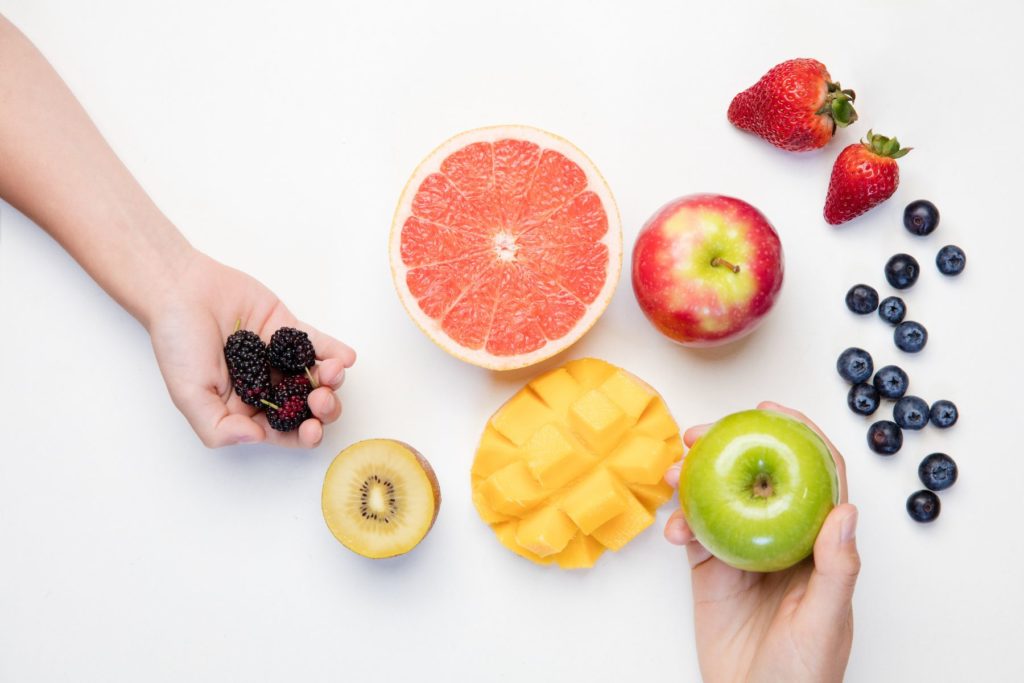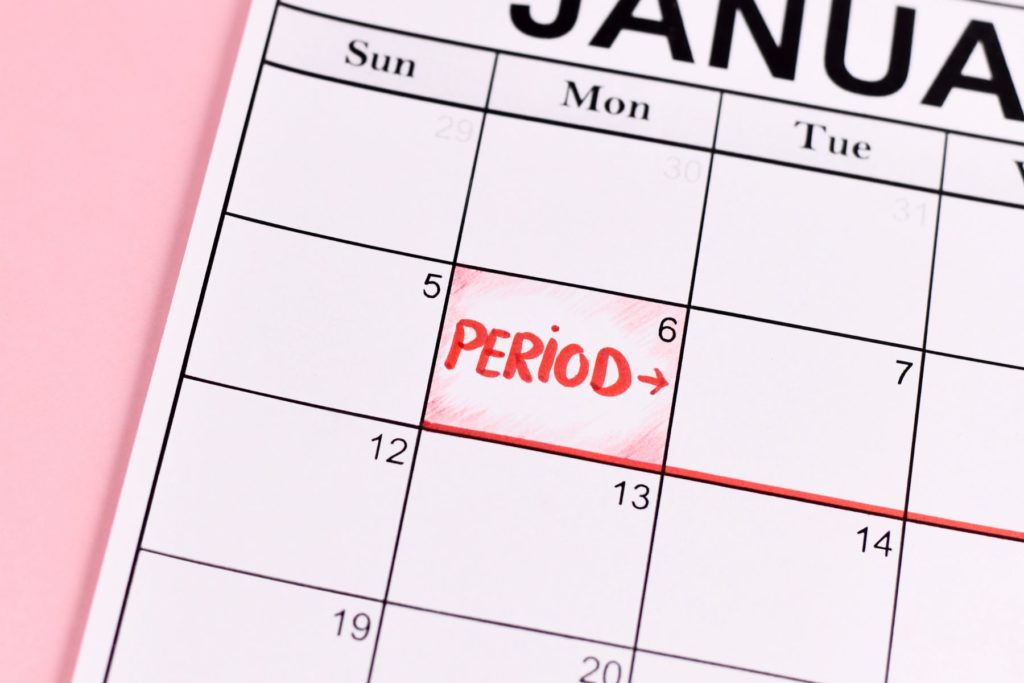Signs Your Eating Habits Need to Change
January 16, 2023

If something isn’t quite right with our diet or eating habits, our bodies will eventually let us know. The way and how much you eat directly impacts how your body functions. Food is essential for fueling every process in your body from blinking to keeping your heart beating. Thus, it makes sense that a diet that is lacking in one way or another can start to trigger various, noticeable symptoms in the body. Here are three signs that your eating habits may need to change:
Your Hormones Are Off
Your eating habits play a big role in hormone production and balance. Not enough calories, carbohydrates, fats, and/or protein can disrupt this balance. Especially, if you are an active individual who requires extra energy to support your activity.
The biggest indicator that your hormones are “off” as a female can be changes to your menstrual period. Eating habits that aren’t supportive of your hormones can result in irregular periods that that aren’t coming every 21-35 days. Another sign that something isn’t right is periods that are very light and/or very short (3-4 days in length or less). You may even experience amenorrhea, or lack of a period altogether.
Not having a period as often, at all, or a period that is really light may sound convenient. However this is truly not convenient for your overall health or sports performance. Hormonal imbalances can affect your bone health, increase your risk of injury, and can impact your fertility. So, if any of these symptoms sounds familiar, it may be time to take a look at your diet.

Your Digestion Isn’t Quite Right
Without enough food and nutrients, you may find you struggle with digestive issues or even IBS. Common digestive symptoms that can arise from undereating include constipation or diarrhea, bloating, excessive gas, reflux, and even heartburn.
The main cause of some of these symptoms is a decrease in thyroid hormones during times of stress such as undereating. Thyroid hormones are responsible for many body functions including metabolism and the movement of food through our digestive tract. Another reason may be decreased production of digestive enzymes when our diet lacks variety or is restrictive. Finally, “clean eating” and other restrictive eating habits often include a large amount of fruits and veggies by default. Although these foods are healthy, you CAN have too much of a good thing as excessive fiber can cause constipation and/or bloating. Thus, if you are struggling with digestion, your current eating habits might not be working for you.

You Aren’t Seeing Gains from Your Workouts
So, you’re consistently pushing yourself in the gym and/or in your training sessions. However, despite your efforts, you don’t seem to be making any progress. Maybe you aren’t seeing the physical changes you were expecting or, your performance seems to be suffering.
If your eating habits are not supporting your activity, you may be struggling to see that progress. For some, you may not be gaining the muscle you have been working for. Or, you seem to be losing muscle, recovery slowly, and are getting injured more easily. For others, you may constantly feel fatigued in the gym or during practice. It may be more challenging than it should to get through a session and you feel like you’re dragging.
Your body relies on food for calories and macronutrients to fuel your activity and recovery. In particular carbohydrates and some fats are essential for giving you the energy to get through a session. Protein, on the other hand, is important for ensuring that you recover well and build muscle. If this sounds familiar, again, it may mean that your eating habits need a makeover.

In Summary…
You’re body is smart! When something isn’t quite right, our body may start to send us messages that we can physically see or feel. Your diet and eating habits are essential for fueling your body and for maintaining your health. If your current eating habits are not supporting your lifestyle, you may start to notice some of the symptoms discussed above. If so, you should consider reevaluating your eating habits to better support you.
Looking for nutrition advice on how to improve your digestive health, hormone health, or performance? We now offer Nutrition Intensives to help you understand what next steps you need to take and give you individualized advice to help you reach your goals. Check out all the details on our Nutrition Intensives HERE.
Not sure a Nutrition Intensive is the right fit for you? Schedule a free consult so we can understand your individual situation and help you determine the next best step from here.
[…] For the above reasons, some people may experience more constipation on a high protein diet. In fact, constipation may be one of the many signs that your diet needs to change. […]